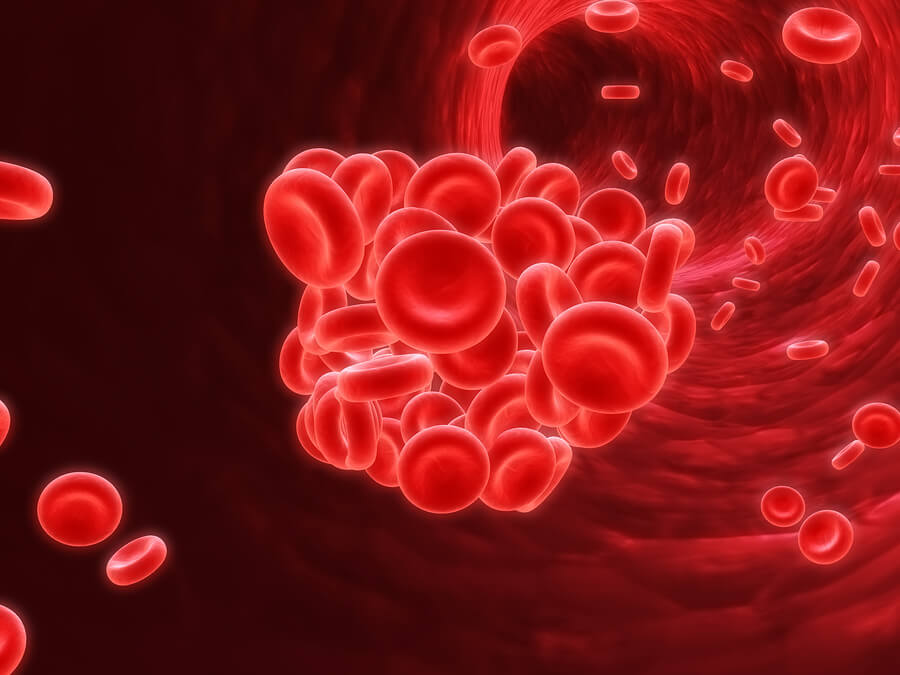Everything You Need to Know About Blood Clots
Unfortunately, there are many elderly adults who fall ill due to blood clots.
Part of the reason for this is because many people don’t know enough about blood clots when it comes to preventing them or knowing the warning signs of them. If you are taking care of an elderly adult, it is important that you and their elderly care providers know more about blood clots, so you can try to keep your loved one healthy.

Home Health Care in Gulf Shores AL: Blood Clots
Blood Clot Risk Factors
There are certain conditions that increase your loved one’s chances of having blood clots. It is essential that you and their elderly care providers know more about these risk factors. Some of these risk factors include the following:
- Having cancer
- Participating in cancer treatments
- Being confined to bed for a prolonged amount of time
- Getting into a car accident or experiencing another form of trauma to the body
- Having surgery
- Taking part in a sedentary lifestyle
- Family history of blood clots
- Being obese
- Smoking
These are some of the risk factors for blood clots. If your elderly loved one is exposed to these factors, you should keep an eye out for the warning signs that they might have blood clots.
Blood Clot Warning Signs
As just mentioned, if your elderly loved one has the risk factors associated with blood clots, it is important that you, other loved ones, and the elderly care providers keep an eye out for the blood clot warning signs. It is important to know that these signs are different for various types of blood clots.
These warning signs include the following:
For arterial blood clots – These occur suddenly and require emergent medical attention. Your loved one may experience trouble walking, blurry vision, paralysis in their body, face drooping, issues talking, confusion, and a severe, sudden headache.
For venous blood clots – These happen slowly and over time. However, they can be just as fatal. Some symptoms of venous blood clots include skin discoloration, leg cramping, swelling and/or pain in the affected area. This also often requires emergent medical attention or the situation could turn fatal.
These are the blood clot warning signs that you need to know about. If you notice any of these in your elderly loved one, be sure you get them the emergent medical attention they need to help save their life.
This is the information you need to know about blood clots. The more you know about blood clots, the more you can help to protect your elderly loved one’s life.
If you or someone you know needs Home Health Care in Gulf Shores, AL, please contact the friendly caregivers at Hughes Home Care. We provide quality and affordable care for your elderly loved ones in our community. Call Us Today 251-517-9901. Serving Mobile & Baldwin County.
Sources
Cdc.gov
Cdc.gov
- Is it Possible for Seniors to Eat 30 Plants a Week? - March 25, 2025
- Healthy Aging: Why Remaining Active Matters - March 7, 2025
- Five Tips to Keep Kidneys Healthy - February 19, 2025
